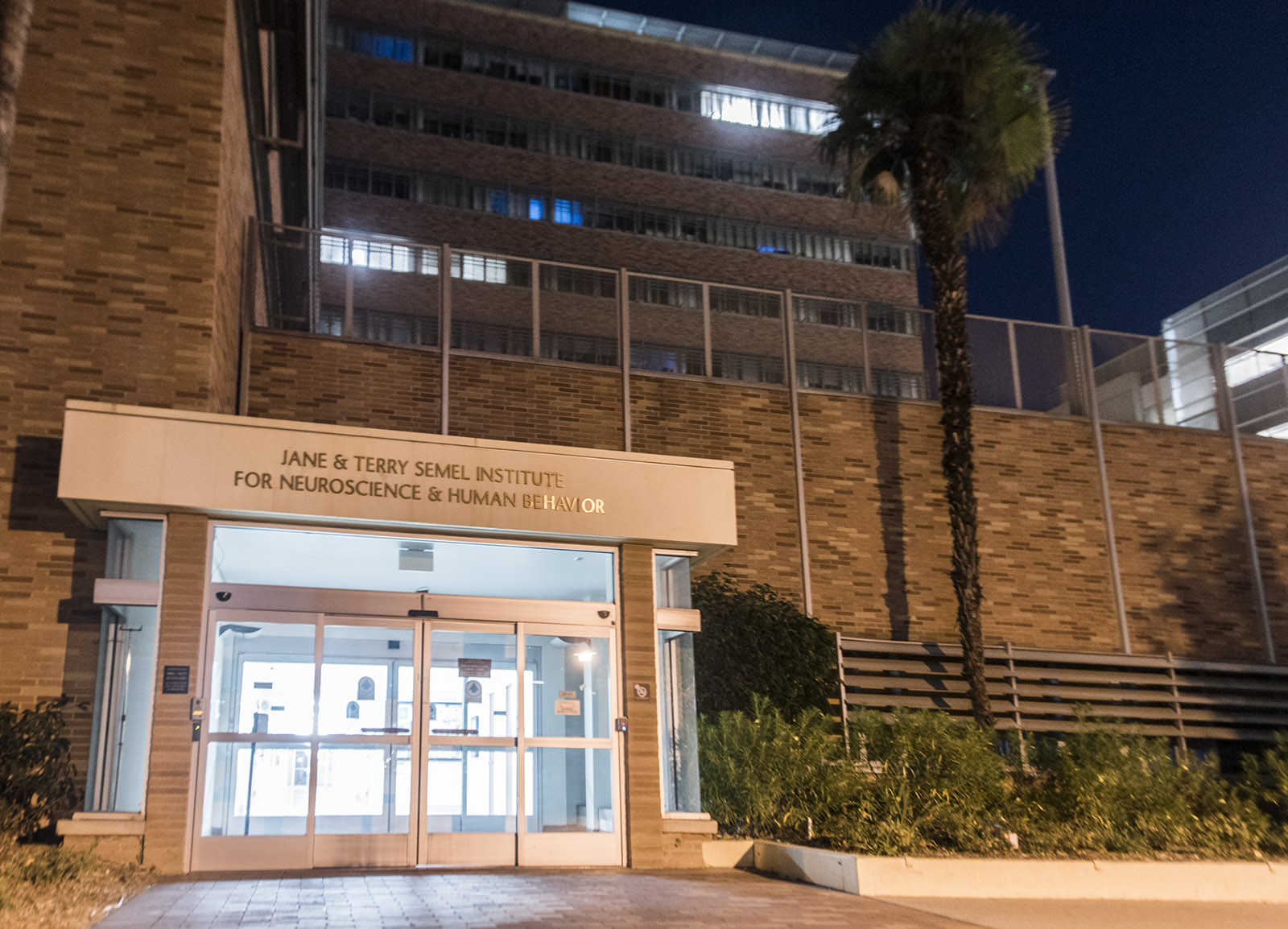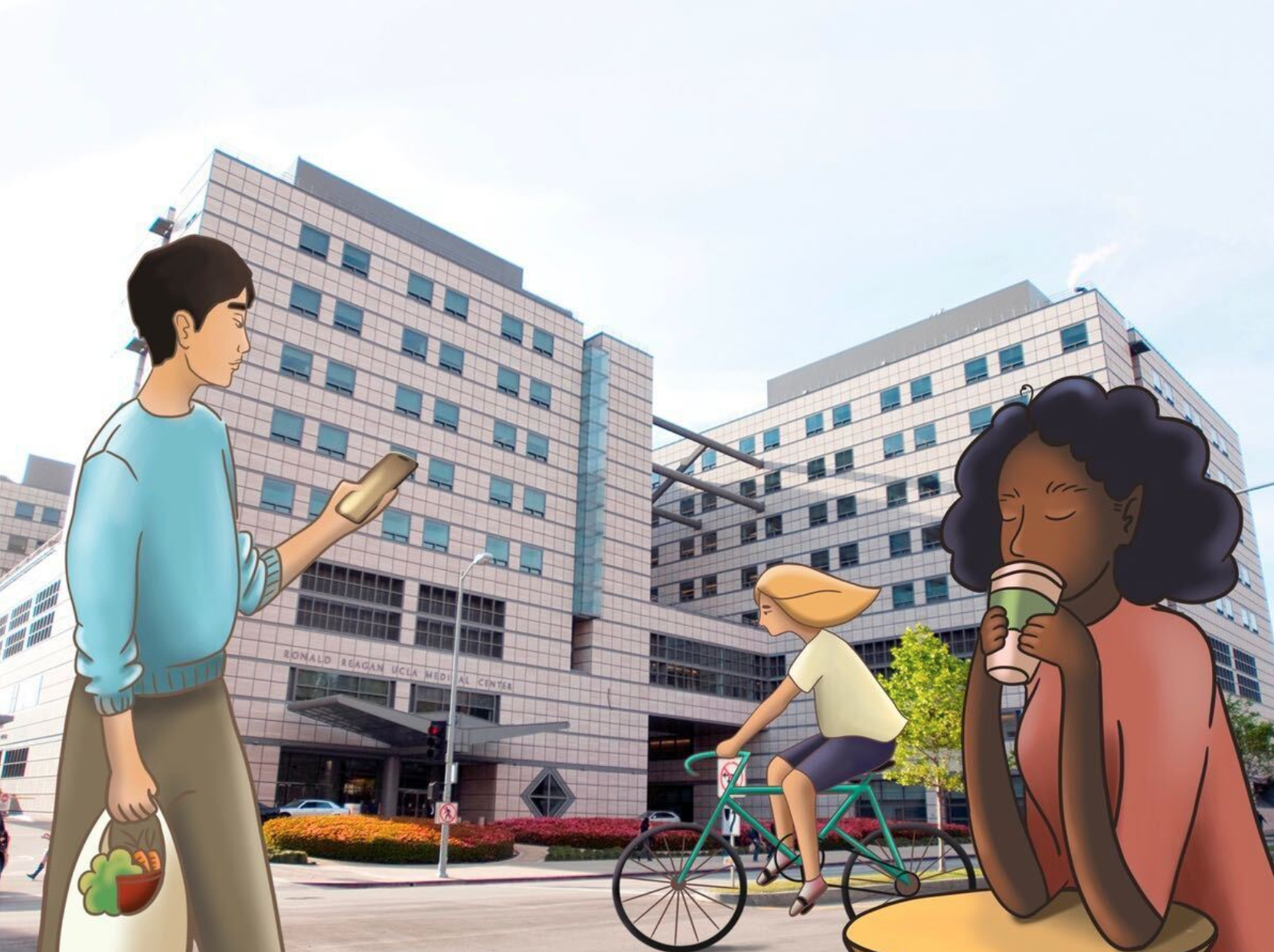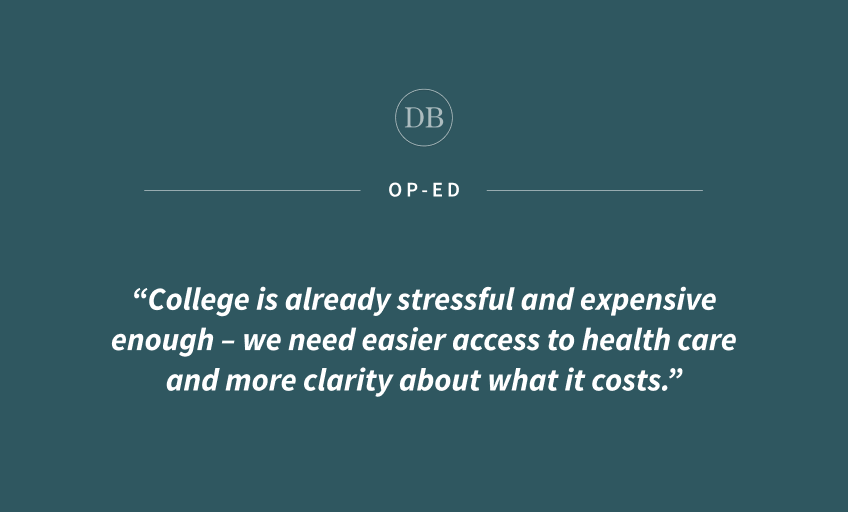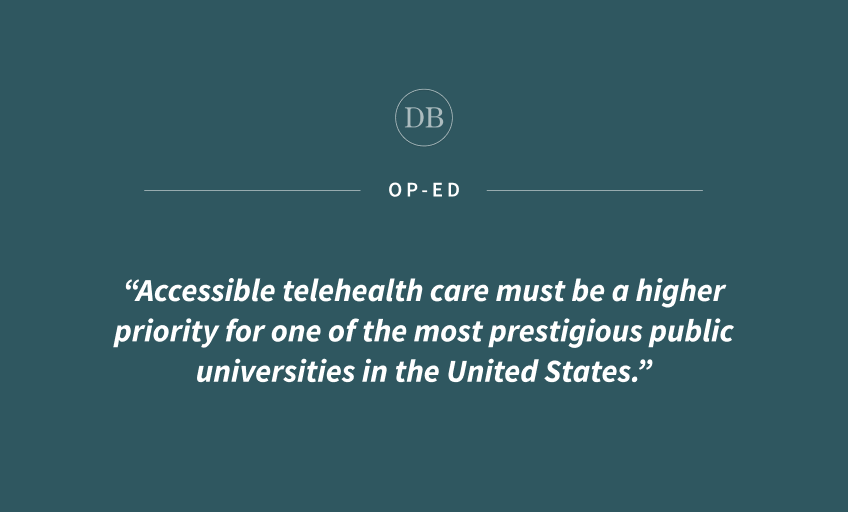Op-ed: Latinx dental providers are paving the way to equitable health care access

By Javier Rodriguez-Rivera
April 11, 2024 10:08 p.m.
The United States is experiencing the catastrophic consequences of a health care system that promotes profit over long-term patient well-being. The dental industry poses structural inequity for all Americans, particularly for working-class, elderly and minority communities.
The Latinx community is no exception to the institutional barriers and financial limitations embedded within the dental industry. Namely, high rates of tooth loss, periodontitis, tooth decay and cavity restorations in children and dental anxiety exist in many Latinx families. The interdisciplinary approaches by Latinx pre-dental undergraduates, dental graduate students and dental professionals radiate hope amid the dental epidemic.
The Latinx Pre-Dental Society at UCLA is working to address this issue one step at a time.
Today, 68.5 million Americans do not have dental insurance, with the Latinx community disproportionately forming 18% of the uninsured population – making up over 12 million individuals.
In fact, Covered California, a health plan extending free or low-cost insurance through Medi-Cal, excludes dental coverage for adults, citing it as a nonessential benefit. Nevertheless, the idea that dental care is not essential proves dangerous and neglectful, contributing directly to patient health deterioration.
According to Delta Dental of New Jersey, dentists can identify nearly 120 diseases in a patient’s mouth, including kidney disease, anemia and diabetes. Therefore, increasing and maintaining dental coverage is crucial for equitable care because it allows for the prevention of irreversible diseases throughout the body.
While current dental care institutions and insurance companies contribute to delays, inaccessibility and unaffordability of care, diversifying the dental profession is a vital step in rectifying these challenges. By adopting cultural humility, fostering intimate and empathetic approaches, and implementing comprehensive oral health education programs, the dental industry can shift toward prioritizing preventive care over reactive treatment.
In 2018, my then 52-year-old mother, who is Spanish-speaking, uninsured and undocumented, experienced a traumatic accident that resulted in the loss of her upper incisors. This led her to withdraw from society by concealing her smile, refusing to attend family gatherings and carrying swollen eyes from perpetual crying. As a 15-year-old, I found it devastating to see her suffer from shame, anxiety and depression that I could not alleviate. My family was struggling economically, but we eventually decided that investing in her prosthetic treatment was necessary to address her psychological and dental health.
This would be her first visit to the dentist in over 25 years.
Though the rest of her upper teeth were sound, the first dental clinic insisted on treatment for a full denture instead of a partial denture. Put simply, the dental provider would remove all of her upper teeth.
Beyond elevating her dental anxiety and fears, my mother’s full denture failed to stay in position, resulting in uneven chewing and speech difficulties – all side effects of a low-quality full denture. Despite her concerns, the clinic and provider dismissed her with only a recommendation to buy dental adhesive. This response lacked respect and sensitivity and unjustly shifted the burden onto my mother.
Proper dental care is exemplified when the provider understands the novelty of dentures and is determined to accommodate patient needs.
Months later at another dental clinic, a Spanish-speaking dentist emphasized the importance of preserving natural teeth for daily dental function. Unfortunately, my mother’s uninsured, low-income and undocumented status meant that she was unable to seek alternative clinic options or treatment choices. Our profit-centric dental system forces the most vulnerable patients to sacrifice treatment quality for financial stability.
As I navigate UCLA, I recognize that my mother’s tooth loss experience is not unique and represents just one instance among millions.
Since its founding in spring quarter of last year, LPDS members have engaged in various forms of patient care, including providing services in bilingual clinical spaces, addressing the needs of patients with special requirements, and offering support to undocumented individuals who may face unique barriers to accessing dental care.
From engaging in community service and health workshops to practicing advocacy, LPDS is modeling leadership and opportunity by highlighting these challenges and increasing exposure to the dental industry.
In these dental settings, LPDS members work with patient groups from marginalized communities, extending traditional roles in dental scribing, language interpreting and patient intake. Volunteers participate in health fairs where patient numbers exceed provider capacity, hindering the patient-provider relationship. Utilizing an empathetic approach that fosters trust by active listening practices, LPDS members enhance patient retention and increase access to resources by hosting educational oral health demonstrations that dispel misconceptions.
Through these efforts, LPDS has witnessed how compassionate care and education can positively impact patients’ oral health understanding – cultivating healthier habits and empowering proactive steps toward long-term dental well-being.
Moving forward, LPDS aims to document anecdotes from patients, dental specialists and organization membership to inform dental policy discussions. This includes stories of patients denied dental service based on their income, uninsured or undocumented status and special needs.
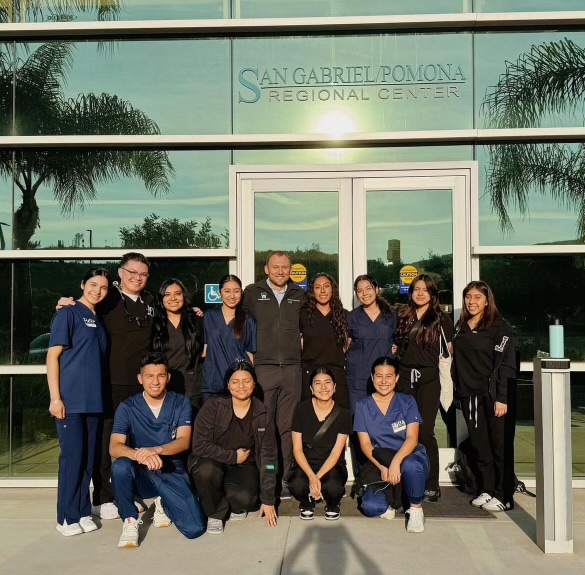
While higher numbers of Latinx dental providers will not eliminate all instances of dental inequity, they will undoubtedly improve access, affordability and cultural sensitivity in dental care for underserved Latinx communities.
This silent epidemic leaves us with a significant question: How can we redefine success in dental care from solely treating existing issues to actively preventing them, which will enable long-term oral health and overall well-being for all individuals regardless of their socioeconomic status or cultural upbringings?
To Yesenia (Ochoa) Olaez, whose life tragically ended on March 2: Thank you for exemplifying deep levels of love, empathy and understanding toward patient care.
Javier Rodriguez-Rivera is a third-year pre-dental and Chicana/o and Central American Studies student as well as the co-vice president at the Latinx Pre-Dental Society at UCLA.



